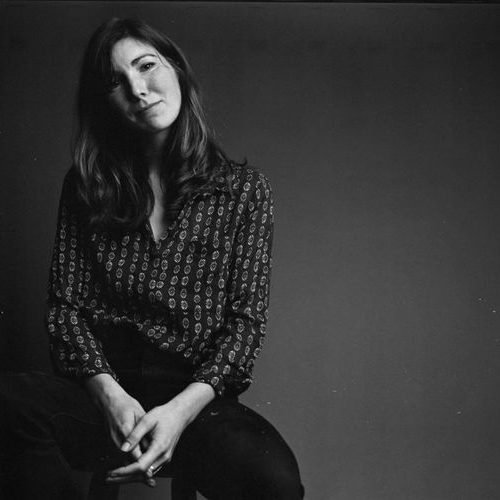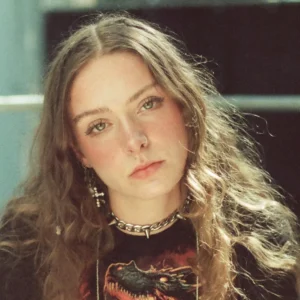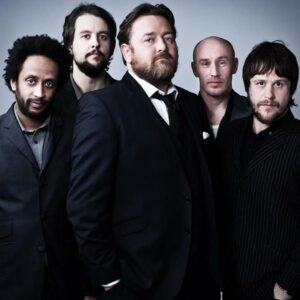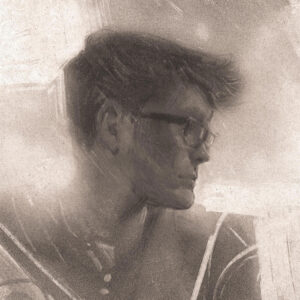One of the great things about music as a medium is that it allows for change and experimentation even after the original has been released. Sure, books may have subsequent editions after its original release, and films can be re-released with “Director’s Cuts” and what have you, but any one song can have infinite variations: you see this most commonly with jazz, but there are plenty of other artists who see ways to change around their songs.
Take Anna Tivel, who has reworked “One Thousand and One,” from her 2014 album Before Machines, for her new album called Blue World. In its original iteration, “One Thousand and One” was a gentle folk song, with a carefully-plucked guitar accompanying Tivel’s sweet voice as she sings about all the things she is: a mission bell, a wrecking ball, an oil spill, an orange glow. In this new iteration, however, the atmosphere is starker and more meditative. The guitar is replaced by a piano, and the song is performed in a lower key than in the original. As a result, it’s darker, richer, and deeply evocative. It’s a lonely song for a lonely time, but it’s a song of strength and resolve, too.
You’ve stated that “One Thousand and One” is about mental health. What events in your mental health journey inspired this song?
“One Thousand & One” is a song about the chaos of the mind. We can be so many things at once, sometimes the mind is such a friend and other times it can feel like the deepest enemy. To just be still and settled is some kind of rare diamond that we all seem to be eternally hoping to dig up.
This song has a lovely, striking arrangement, with a simple drum pattern and evocative piano chords. What inspired this stark choice?
We wanted to play these songs with as much attention to space as to sound. The year was full of isolation and emptiness and emotion and it felt good to imagine this one in a pretty bare-bones way, just feel the words and let it wash between drum sounds and occasional piano.
You describe yourself as a number of things in “One Thousand and One”–an oil spill, an orange glow, etc.–without holding the listener by the hand and explaining what you mean for every line. Is it rewarding to work in abstractions?
Words contain so many worlds of meaning built from each of our individual sensory experiences. I’m drawn to stories, poems, and songs that give a lot of color and image, set little scenes for you to interact with as the reader or listener, objects and places laid out for you to sift through the lens of your own life. I guess I’m often using abstractions because the world feels like that to me, fractured and chaotic. Nothing holds just one meaning and it feels good to blur the lines.
Tell us a little more about this song’s parent album.
The songs on Blue World are from each album I’ve made, chosen by story and feel to reimagine through a sparse lonesome pandemic window.
What are your ambitions for the future?







